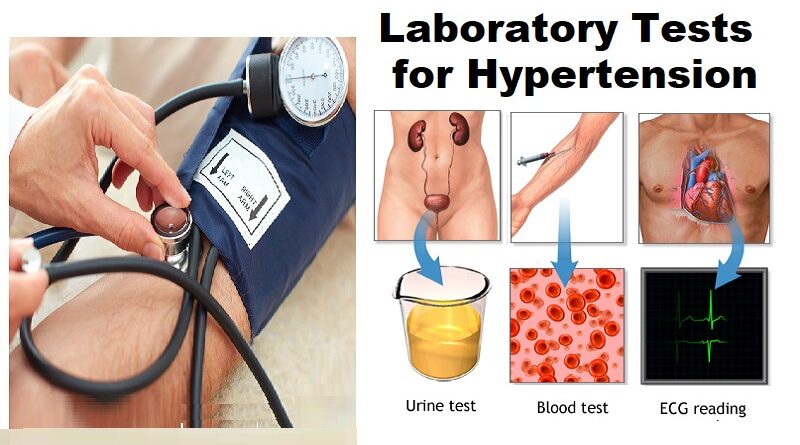Laboratory Tests for Hypertension: The Most Commonly Requested
Laboratory tests play a crucial role in diagnosing and managing hypertension, as well as other health conditions. The condition is diagnosed by measuring blood pressure. These tests give essential insights into potential underlying causes. They also reveal associated risk factors. In this article, we will explore the most commonly requested laboratory tests for hypertension. We will shed light on their significance in effective patient care.
Most Common Laboratory Tests for Hypertension
1- Complete Blood Count (CBC)
A CBC measures the levels of different blood cells, including red blood cells, white blood cells, and platelets. It can identify conditions such as anemia, infections, or other blood disorders that might contribute to or be associated with hypertension.
2- Urinalysis
This test examines a urine sample to check for various abnormalities, including proteinuria (presence of protein in the urine) and hematuria (presence of blood in the urine). These findings can indicate kidney problems, which are closely linked to hypertension.
3- Basic Metabolic Panel (BMP)
This BMP evaluates various electrolytes, kidney function, and glucose levels in the blood. It helps assess the overall health of the kidneys and can detect imbalances that may be related to hypertension. It typically includes the following components:
- Electrolytes: Sodium, potassium, chloride, and bicarbonate levels.
- Glucose: This test measures blood sugar levels.
- Blood Urea Nitrogen (BUN) and Creatinine: It indicates kidney function and the body’s ability to eliminate waste products.
- Calcium: Measures the calcium levels, which are vital for bone health and various physiological processes.
SUMMARY
This article outlines the most commonly requested laboratory tests for hypertension, including Complete Blood Count (CBC), Basic Metabolic Panel (BMP), Lipid Profile, and Urinalysis. While these laboratory tests do not diagnose hypertension, they provide valuable information in diagnosing and managing hypertension and any underlying conditions that might be contributing to high blood pressure. Hypertension is diagnosed by measuring the blood pressure.
If you have questions you can drop them below in the comment section. You can contact us here: Google page – Helalmedical, or Facebook page. We offer quick and convenient testing options.




